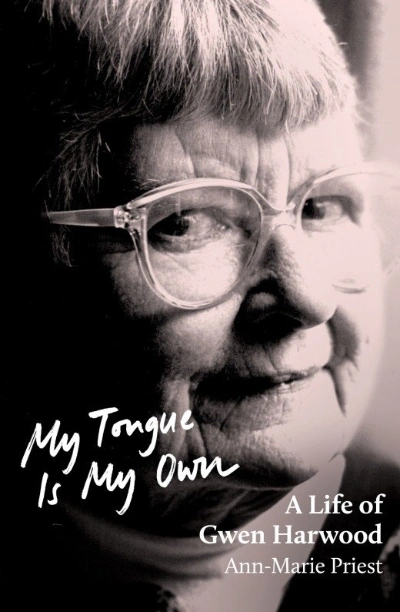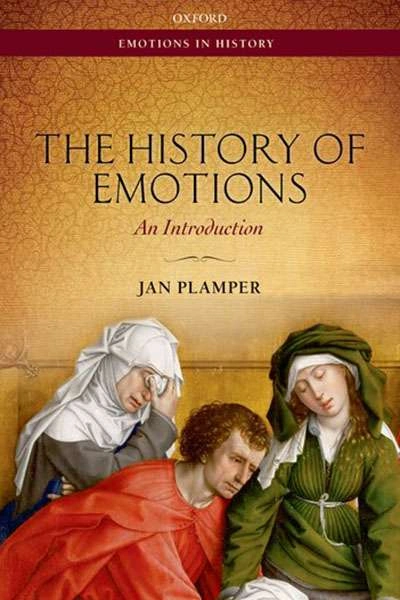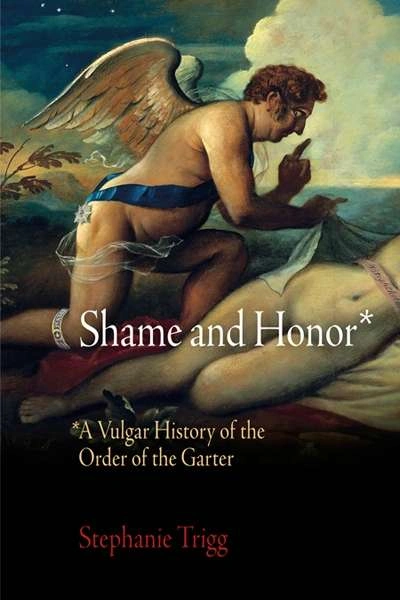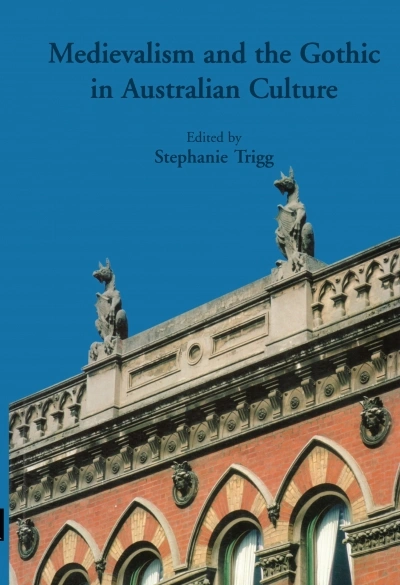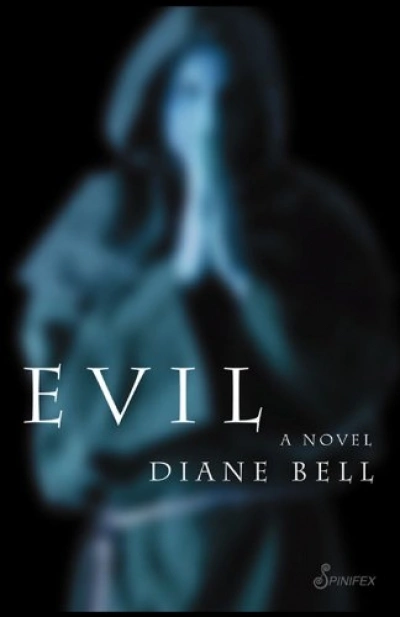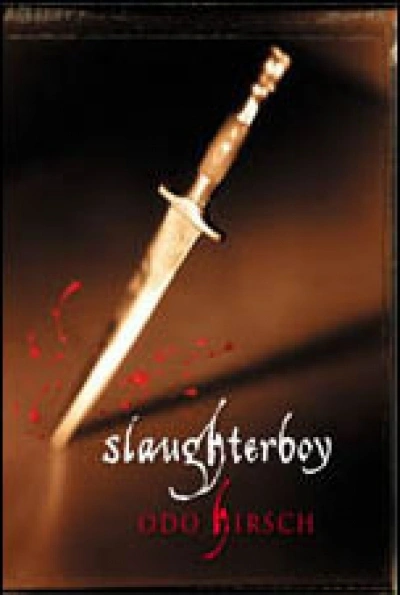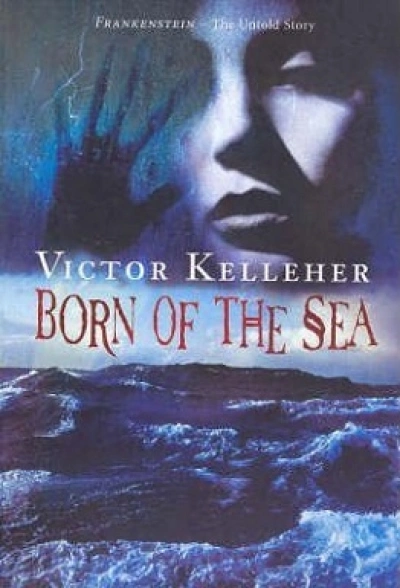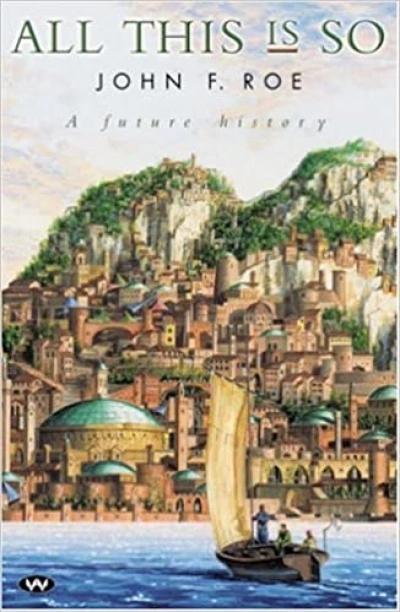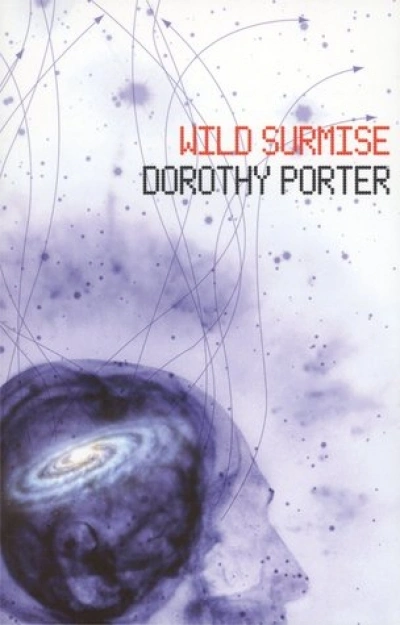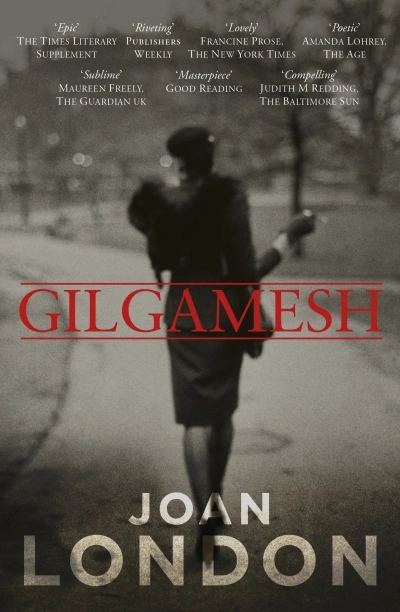Stephanie Trigg
My Tongue Is My Own: A life of Gwen Harwood by Ann-Marie Priest
by Stephanie Trigg •
Shame and Honor: A Vulgar History of the Order of the Garter by Stephanie Trigg
by Ian Donaldson •
Medievalism and the Gothic in Australian Culture by Stephanie Trigg
by Gregory Kratzmann •


